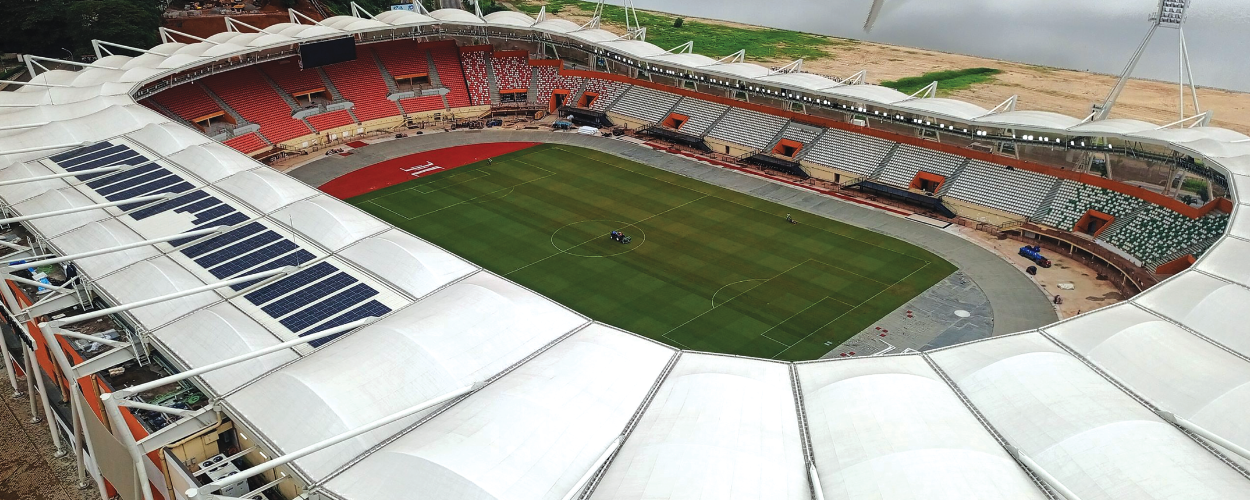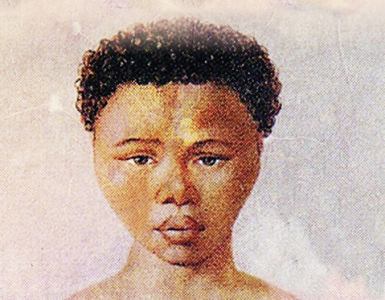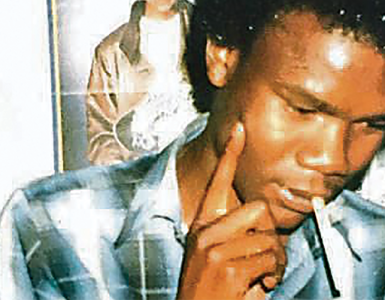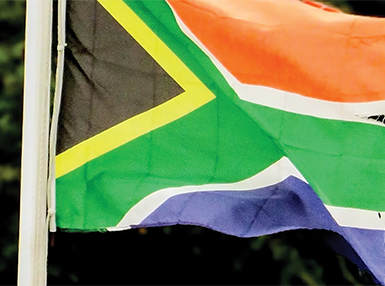TROPHY: Africa’s biggest spectacle is happening. What does it take to host the African Cup of Nations?
By Afolabi Adekaiyaoja
In 2014, Ivorians were told by the Confederation of African Football (CAF) that they would host the 2021 African Cup of Nations (AFCON). Yet, four years later, following a lack of progress on Cameroon’s preparations to host the 2019 edition, CAF rearranged and moved the timetable for hosts. A decade later, in January 2024, Ivorians finally welcome the continent and the world to the AFCON.
Economic and sporting realities are making it harder for sporting tournaments to find hosts. In the past, hosting gigs were keenly sought after and contested by different countries. The appeal of welcoming thousands of visitors and positively impacting economic and tourist activities was usually viewed positively while winning bids was always a good tonic for political leaders. Yet, expansion means growing tournament costs and the need to maximize economic output, while mitigating CAF’s financial difficulties is making it harder to find hosts. This trend might impact AFCON, the continent’s premier football competition.
Hosting often signals power plays within the region and the different geopolitical dimensions at play. The 1957 session was moved to Sudan because of the Suez crisis and South Africa was disqualified because of Apartheid. Similarly, the 1972 Africa Cup of Nations, held in February and March, was largely seen as a propaganda tool for the unification referendum held in May of that year. Lastly, reigning champions Nigeria boycotted the first tournament held in southern Africa—in 1996—due to outcry over Nigeria’s use of the death penalty in the hanging of activist Ken Saro-Wiwa.
Also, the only tournaments held in eastern Africa were in Sudan, representing its role as a founder of CAF, and Ethiopia, reflecting its preeminent role in African politics. Since hosting in 1976, The Walia of Ethiopia has only featured in the tournament three times and will not be at Cote d’Ivoire next year. The same applies to Cameroon, whose hosting duty in 1972 was the only time a central African country hosted the tournament before Equatorial Guinea and Gabon joint-hosted in 2012. These regions, with the exception of Cameroon, have not been traditional football powerhouses, and the nexus of diplomatic influence and football ability has often seen them dispensed with.
Most of African football’s influence is in the ongoing tussle between the northern and western regions. They both account for 21 of the 33 tournament wins and eight of the last 10. But these two regions have also become hosting hubs for different reasons. The strength of the leagues in North Africa is evident in the success of their clubs in the African Champions League, and some of these clubs have become institutions with considerable investment independent of the state. Similarly, leaders in West Africa have often tried to use football to appeal to millions of fans by propping up clubs with personal funds and investments from state coffers. For many military coup leaders, a successful tournament could be the difference between leading a march on the capital with a trophy in tow or being the trophy for said crowd after a revolution.
Perhaps, and most unfortunately, despite decades of football on the continent, the quality on display is still years behind others and the problem might be found in how these tournaments are run. Sustainable hosting would encourage investment in domestic leagues and the development of under-age teams as a legacy of the tournament, but most hosts have needed to build new stadiums due to absent or tragically poor domestic football infrastructure. This spate of underdevelopment has led to entrenched leaders being able to circumvent internal accountability mechanisms. Consequently, we have witnessed a rise of such figures funneling funds to these ends while feeding a possible argument of sports-washing—when these structures bear their names and when these events are relatively successful.
The trend helps these leaders remain in power and provides the legitimacy of member states and global organizations endorsing and interacting with their leadership, with examples being Equatorial Guinea’s Teodoro Mbasogo and Cameroon’s Paul Biya, whose countries have hosted AFCON recently.
Football’s administrators have long used expanded tournaments to appeal to voters when seeking power, and this has also helped governing bodies trying to tap into the booming global football economy anchored on gambling and entertainment value. This means that just under half of the continent will be represented by teams at the biannual AFCON tournament, and few would bet against this expanding to 32 teams any time soon. This presents different challenges that might preclude future hosts.
In a bid to align with European schedules, CAF agreed, in 2017, to change the football calendar and move the tournament from January and February to the northern hemisphere summer months of June and July. Despite this, the 2021 edition in Cameroon was pushed to January 2022, a similar fate that befell the 2023 edition in Cote d’Ivoire which will be held in January 2024 due to adverse weather patterns. If CAF decides to stick with this approach, and there are signs that it will indeed do so when Morocco hosts in 2025, then it might rule out the participation of many countries.
The increasing size of the tournament might provide more creative solutions. When AFCON takes place in 2027, it will feature the first three-country joint-hosts in the tournament’s history. But recent history has seen more hosting rights get revoked and a last-minute joint bid. CAF originally awarded the rights for 2019, 2021, and 2023 to Cameroon, Ivory Coast, and Guinea, but had to push the hosting schedule owing to a lack of preparation, carrying out a second round of voting between Egypt and South Africa. This also happened ahead of the 2017 edition after a supplementary vote gave hosting rights to Gabon after the Libyan Civil War meant the country could not host. With a new wave of coups fueling concerns on the continent, CAF might have to resort to readying standby hosts with adequate infrastructure.
Ultimately, the challenge of overcoming economic uncertainty precluding countries from bidding remains, in addition to the issues that African states need to work on to encourage more hosts. Cameroon reportedly spent USD 885 million when it hosted in 2022, with most of that going to upgrading infrastructure, such as hotels, facilities, and stadiums.
Yet many stadiums remained empty, with poor intracontinental travel also playing a role in limiting how many people made the trip to the tournament. Therein lies a conundrum for most of Africa’s football faithful: if the tournament is not value for money, then is there a point in hosting?
Football remains the continent’s sport, and few activities elicit as much passion and desire as representing one’s country. This is why there will always be political attempts to resolve hosting impasses in the future. But CAF cannot afford to rely solely on appeal and goodwill to steady the wheel.
There needs to be a concerted and coordinated effort to enable AFCON to do what it was designed to do: unite and develop a continent. It does that on the field; it’s time it does it off the field too. *Afolabi Adekaiyaoja is a researcher and writer on African politics, governance and foreign policy. The article was sourced from Africa Is a Country, a site of opinion, analysis, and new writing on and from the African left.
Comment
BRUISING ELECTION
BATTLE LOOMING
The country should brace itself for a bruising battle when the provincial and national elections are held in a few months time following the surprising support for the ruling ANC party by thousands of its members who crammed into the Mbombela stadium in Mpumalanga on Saturday to celebrate the party’s 112th birthday.
After recent reports by certain media houses and political analysts that their membership had waned and many of its members were going to boycott the rally, supporters turned the tide and arrived in large numbers to listen to their leader, Cyril Ramaphosa, outlining the party’s January 8 Statement.
He conceded that despite the critical challenges they faced, they were still committed to fighting the stubborn legacy of apartheid. He also promised to fight crime including corruption and to continue to improve the lives of the majority of South Africans. They were also doing their best to address the problem of loadshedding and unemployment.
Ramaphosa, was adamant that the party was on a renewal journey with its alliance partners and had made immense strides in improving the lives of people as the country was now better than 30 years ago. Referring to the forthcoming elections, he said the ANC was gunning for an outright majority victory to avoid coalition deals as these had resulted in chaotic situations and grounded projects at various municipalities.
Ramaphosa also touched on the serious issue of non delivery of essential services by a large number of municipalities. There were weaknesses that have been identified by the leadership at these municipalities where communities still experienced the spillage of sewage flowing in the streets and piles of rubbish at street corners and lack of running water.
The ANC was also committed to urging its members to form community policing forums in their respective areas to help the police to fight crime including corruption and gender-based violence. The government had also tightened controls at border posts to stop the exodus of foreigners entering the country illegally.
With the mushrooming of a number of opposition political parties who will also be contesting this year’s elections, the political landscape will not be the same as in the previous years. Many of these smaller parties have joined the fray to simply become kingmakers in cases of stalemates and to negotiate deals that suited their individual interests.
The fight against corruption and the crackdown on municipalities that fail to deliver is a welcome move but it has to be done consistently. Currently there are municipalities which are billing residents on estimated rates. Ramaphosa has promised that there will be consequences for municipalities that do not perform. We hope so.
Corruption is the biggest threat towards the development of infrastructure and improvement of people’s lives in this country. While some progress had been made in bringing the culprits to book and millions of rands recouped from the thieves, more should be done to jail the culprits.





























